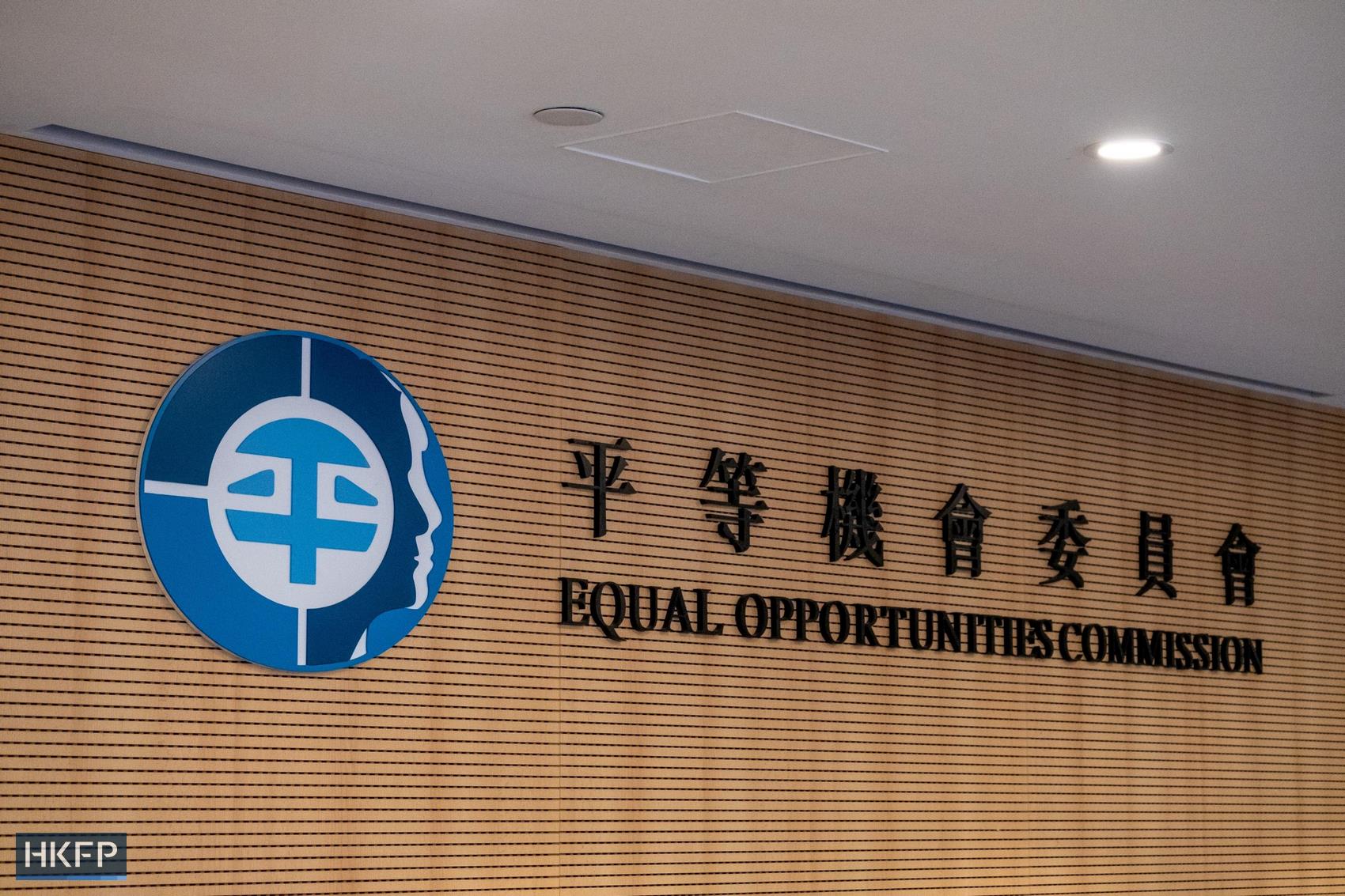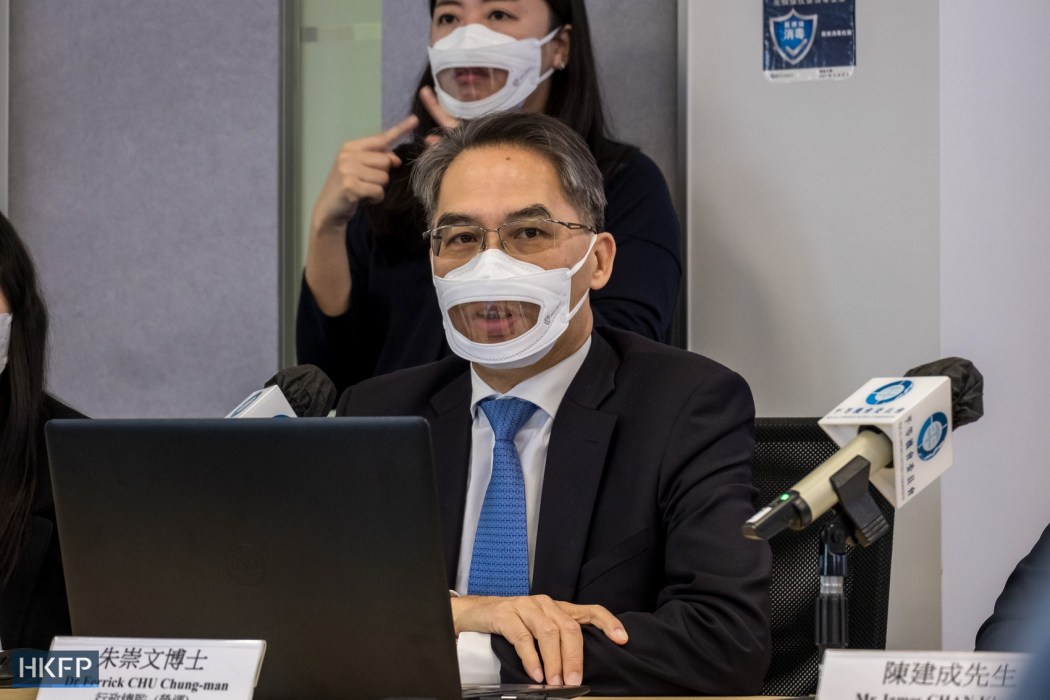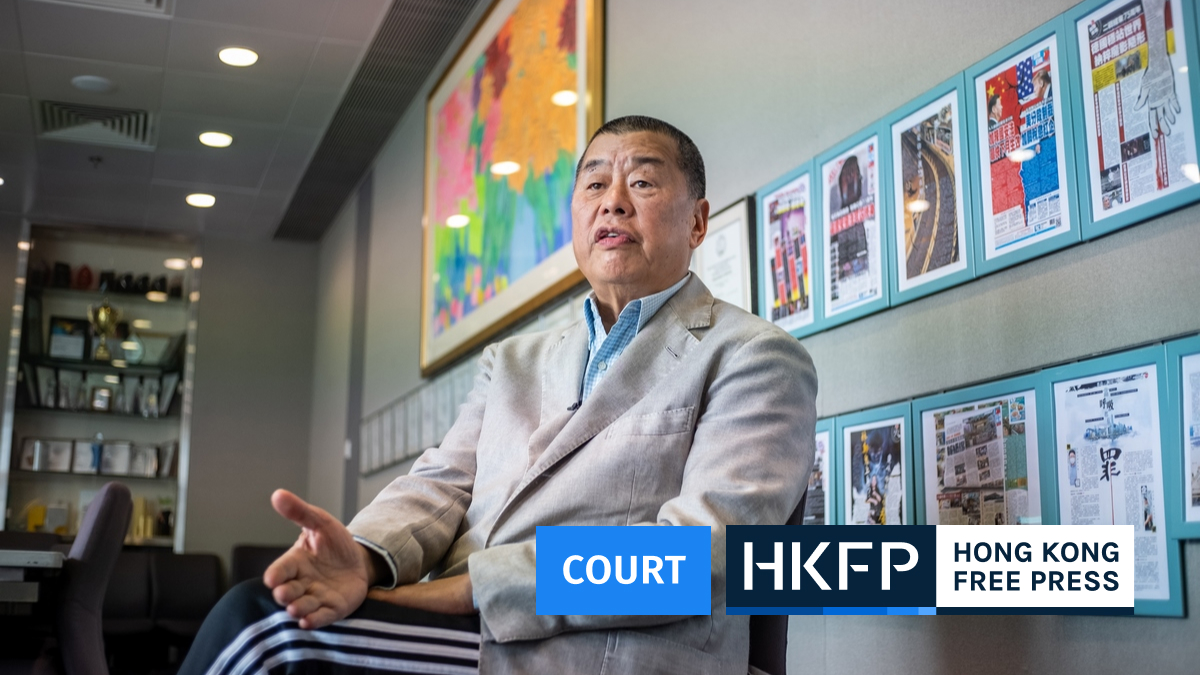Judges and lawyers in Hong Kong should avoid using “complex terms” when communicating with people with hearing difficulties, the city’s equality watchdog has said as part of guidelines that seek to achieve “equal access to justice” for the deaf.
The Equal Opportunities Commission (EOC) on Tuesday rolled out a set of guidelines for people with disabilities, legal practitioners and parties involved in the judicial process, after hearing reports of those with hearing issues running into problems during the legal process owing to misunderstanding or miscommunication.

The 38-page guide, which includes general tips for communicating with people suffering from deafness or hearing loss, was designed to be a practical tool for lawyers, judges, judicial officials, court staff and others, said EOC Executive Director (Operations) Ferrick Chu.
According to the Census and Statistics Department, the city had 47,900 people with hearing difficulty in 2020, among which 74.8 per cent were aged 70 or above.
The watchdog advised legal practitioners to pay attention to the lighting and noise of the surroundings before speaking to someone with hearing difficulties, as well as their distance from that person. They should use a “natural and normal” speaking pattern and avoid “complex” terms and language, it said.
Local courts should formulate and review policies or practice directions to specify the rights of equal access to justice for those with hearing issues and other people with disabilities. Regular training should be provided to judges, judicial officers and court administrators on the Disability Discrimination Ordinance, especially for staff who provide frontline services to the public, the EOC said.
“[T]here is an urgent and paramount need for improving the relevant legal procedures to secure the fundamental rights of persons with disabilities,” Chu said.

There was no “one-size-fits-all” method for communicating with people with hearing difficulties, the EOC wrote. All public institutions in the criminal justice system – including legal aid offices and police stations – should be equipped with as many forms of auxiliary services and technologies possible to meet the needs of the deaf, according to the guide.
Asked if the EOC would issue more detailed guidelines for law enforcement officers, Chu said the guide released on Tuesday was aimed at tackling issues flagged to the equality watchdog by people with hearing difficulties. There was not such a need for a separate guide for law enforcement agencies at present, he said.
The Judiciary had 17 registered freelance sign language interpreters on its list, the government told the Legislative Council in November 2020. On average, around 100 court cases required sign language interpretation services annually.
One complaint surrounding the services of a sign language interpreter was recorded over the past five years, the Judiciary said at the time. The case was handled using the established mechanism and was not substantiated, it said.
There was no “imminent need” to expand the pool of freelance sign language interpreters, the Judiciary said at the time, adding it was not “cost-effective” to hire full-time interpreters.
Equal Access to Justice for Persons Who Are Deaf and Hard of Hearing: A Guide for Persons with Disabilities… by HKFP on Scribd
According to the List of Sign Language Interpreters in Hong Kong released by the Hong Kong Council of Social Service, there were a total of 56 interpreters in the city as of May 21 last year. Among them, only six listed “court proceedings” as among their sign language interpretation work experience over the past two years.
Asked if the Judiciary should consider employing full-time interpreters, the watchdog said it was not in a position to give suggestions. The market may be “too small” for the Judiciary to change the mode of employment for interpreters, Chu said, adding that around 6.3 per cent of the population with hearing difficulties – or around 3,000 people – would use sign language in their daily communication.
“It is a pretty difficult decision,” Chu said, adding there were different variations of sign language which would make it hard to hire full-time interpreters.
Recommendations made by the EOC on Tuesday centred on improvements that could help people with hearing issues navigate the city’s judicial system. Asked if the assistance suggested should be provided to court attendees who have hearing problems, Chu said resources should be allocated to the parties involved in the case first.
“I think we have to prioritise our resources in real life,” he said.
Support HKFP | Policies & Ethics | Error/typo? | Contact Us | Newsletter | Transparency & Annual Report | Apps
Help safeguard press freedom & keep HKFP free for all readers by supporting our team

LATEST FROM HKFP
HKFP has an impartial stance, transparent funding, and balanced coverage guided by an Ethics Code and Corrections Policy.
Support press freedom & help us surpass 1,000 monthly Patrons: 100% independent, governed by an ethics code & not-for-profit.










